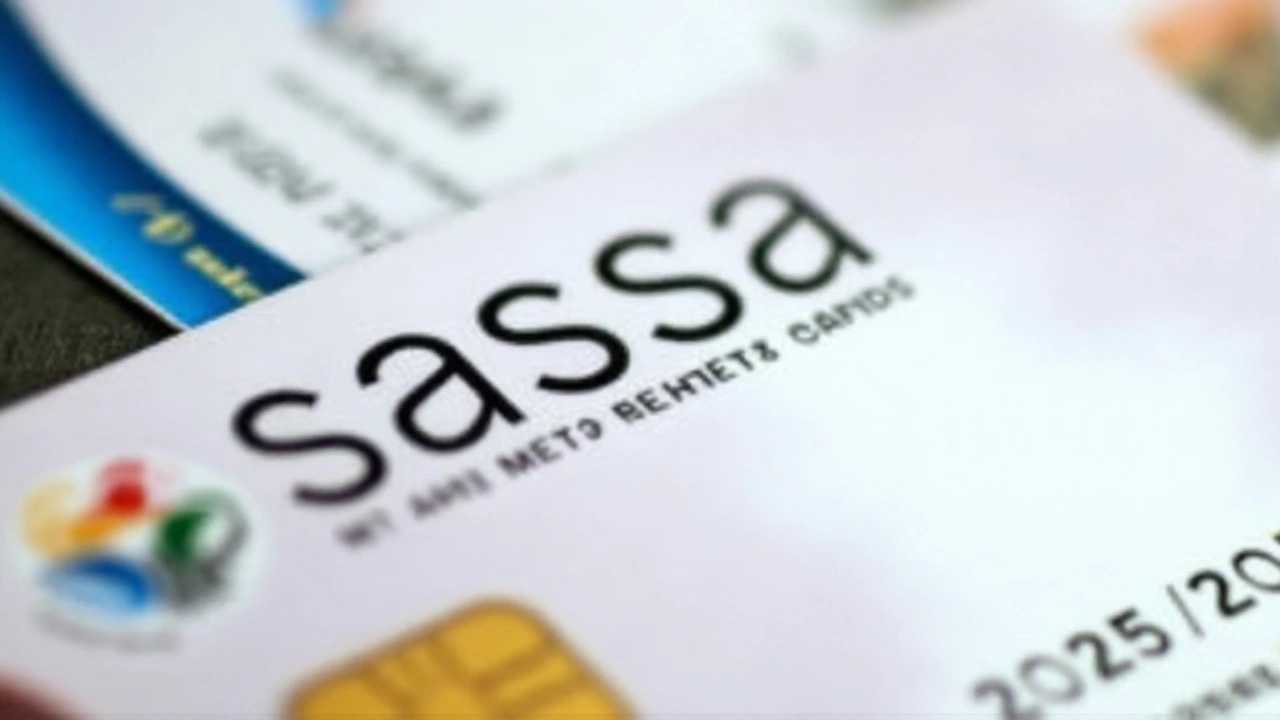Disability Grant – What It Is and How to Get It
If you or a family member can’t work because of a permanent disability, the South African government offers a Disability Grant to help cover basic costs. The grant isn’t a handout; it’s designed to give people a safety net when they’re unable to earn an income due to medical reasons.
Who Can Claim the Disability Grant?
The first step is checking if you meet the eligibility criteria. You must be a South African citizen, permanent resident, or refugee who is over 18 and permanently unable to work because of a physical or mental disability. The disability has to be confirmed by a medical practitioner and then verified by a social worker at your local SASSA office.
Typical conditions that qualify include severe visual impairment, hearing loss, limb loss, spinal cord injuries, chronic illnesses like HIV/AIDS when they limit daily activities, and certain mental health disorders. The key is the disability must be deemed “permanent” – temporary or short‑term ailments won’t cut it.
Another often overlooked point: you can still receive the grant if you’re already receiving a pension from another source, as long as your total income stays below the set threshold (currently around R2 400 per month). If you earn extra cash from casual work, keep it under the limit; otherwise, the grant could be reduced or stopped.
How to Apply – Step by Step
The application process can feel like a maze, but breaking it down makes it manageable. First, gather all required documents: your ID, proof of residence, recent medical report (no older than three months), and any other supporting paperwork the SASSA office asks for.
Next, visit the nearest SASSA branch. You’ll fill out a form called “Application for Disability Grant”. The staff will ask you to sign it and then schedule an interview with a social worker who will verify your medical report and run a background check on any other benefits you receive.
If everything checks out, you’ll get a reference number and the grant amount (currently R1 850 per month) will start flowing into your bank account within about four weeks. Keep an eye on your bank statements – sometimes the first payment can be delayed due to paperwork processing.
Don’t forget to renew every two years. The renewal involves another medical assessment and a quick interview, so mark those dates in your calendar early. Missing the deadline can pause payments until you re‑apply.
Got questions? SASSA runs a toll‑free line (0800 60 10 20) and an online portal where you can track your application status. Many users find calling during off‑peak hours (early morning or late evening) gets shorter wait times.
Remember, the Disability Grant is there to help you stay afloat while you focus on health and well‑being. Knowing who qualifies, what documents you need, and how the process works can save you weeks of frustration. Keep your paperwork tidy, stay on top of renewal dates, and don’t hesitate to reach out for assistance if anything feels unclear.






